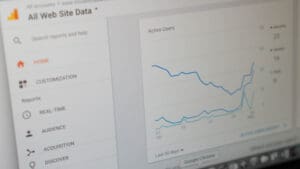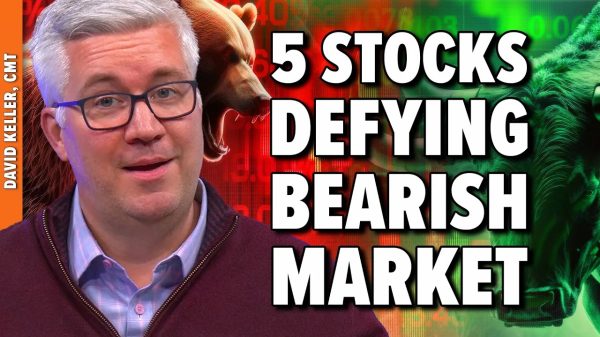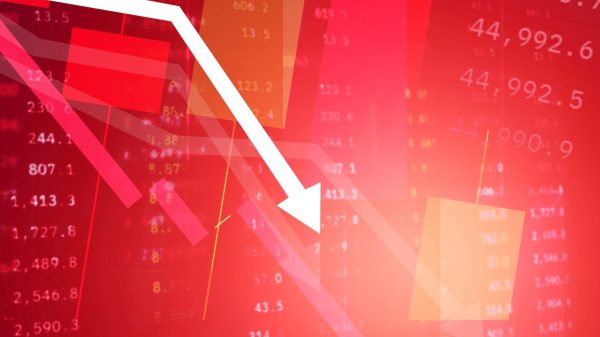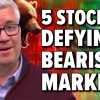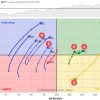
Michael Burry, the investor famed for predicting the 2007 subprime mortgage collapse and inspiring The Big Short, has wagered $1.1 billion against two of the world’s most prominent artificial intelligence stocks — Nvidia and Palantir Technologies.
Regulatory filings show that Burry’s hedge fund, Scion Asset Management, has bought put options — which profit when prices fall — on one million Nvidia shares worth around $187 million, and five million Palantir shares valued at $912 million as of September 30.
The move marks Burry’s latest contrarian stance against one of Wall Street’s most hyped trends. Writing on X (formerly Twitter) in his first post for over two years, he warned followers of an emerging AI bubble, stating: “Sometimes, we see bubbles. Sometimes, there is something to do about it. Sometimes, the only winning move is not to play.”
His disclosure coincided with a broader market pullback, as fears of overheated valuations in the AI sector sent US indices lower on Tuesday. The Vix volatility index, Wall Street’s so-called “fear gauge,” rose toward a two-week high.
Nvidia, which recently became the first company to reach a $5 trillion market valuation, dropped 4 per cent to $198.69 in New York trading. Palantir, whose stock has surged more than 360 per cent over the past year, slid 8 per cent to $190.70.
Despite reporting record quarterly revenue on Monday, Palantir trades at nearly 250 times its 12-month forward earnings estimates — far higher than Nvidia’s 33 and Microsoft’s 29.9.
Alex Karp, Palantir’s chief executive, dismissed Burry’s bearish position in an interview with CNBC: “The two companies he’s shorting are the ones making all the money, which is super weird. The idea that chips and ontology is what you want to short is batshit crazy. He’s actually putting a short on AI.”
Meanwhile, Wall Street heavyweights Ted Pick, chief executive of Morgan Stanley, and David Solomon, head of Goldman Sachs, cautioned that a 10–15 per cent market correction may be due after this year’s AI-driven rally.
Pick told the Global Financial Leaders’ Investment Summit in Hong Kong: “We should welcome the possibility of drawdowns that are not driven by some macro cliff effect.”
Solomon added: “When you have these cycles, things can run for a period of time. But there are always shifts that change sentiment — and none of us are smart enough to see them until they occur.”
The surge in enthusiasm for generative AI has drawn comparisons to the dot-com bubble of the late 1990s, when speculative investment in internet companies drove valuations to unsustainable levels.
Yet, some analysts argue this cycle is different. The companies leading today’s AI revolution — such as Nvidia, Microsoft, and Alphabet — boast robust earnings and are largely self-funding their multibillion-dollar AI infrastructure, unlike the debt-fuelled exuberance of the dot-com era.
Whether Burry’s latest short bet will prove prescient remains to be seen — but history suggests that when The Big Short investor spots a bubble, markets tend to listen.
Read more:
Big Short investor Michael Burry places $1.1bn bet against leading AI stocks









